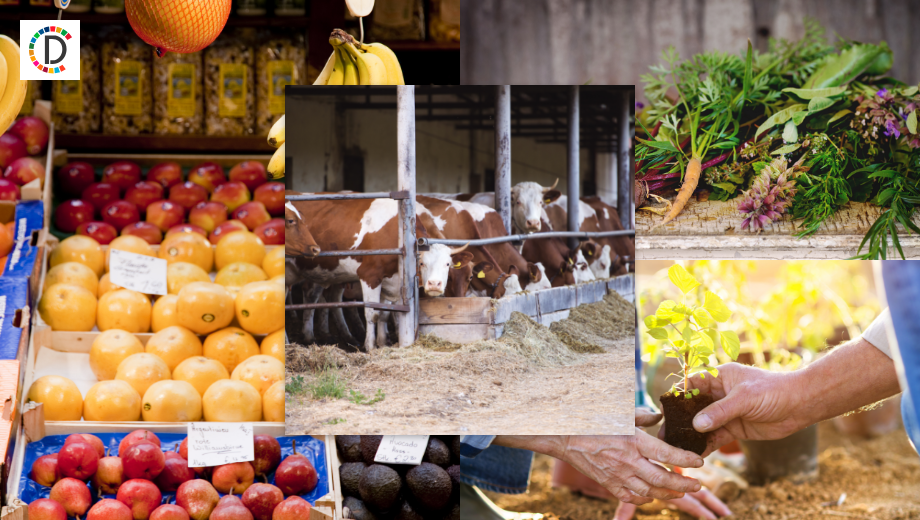Submit action plan to tackle high pollution levels in Delhi during winter: Gopal Rai to officials
According to the Central Pollution Control Board, stubble burning by farmers in Punjab and Haryana contributed significantly to air pollution in Delhi last year with the share of farm fire smoke in particulate matter peaking to 44 per cent in November. Last year, Punjab produced around 20 million tonnes paddy residue and farmers burnt 9.8 million tonnes of it, according to government data.

- Country:
- India
Delhi Environment Minister Gopal Rai on Tuesday asked senior officials of his department and the Delhi Pollution Control Committee to submit an action plan to tackle high air pollution levels in winter by September 21. The minister asked them to specify the reasons for bad air quality in winters while they prepare the action plan, officials said.
"Delhi's bad air quality in winter can be attributed to stubble burning, road dust, construction activities, waste burning, industrial and vehicular emissions. The minister said there should be a specific plan for each problem. The action plan has to be submitted by September 21," an official said. Rai also discussed the issue of bio-medical waste disposal and ways to redress complaints related to pollution with the officials. According to the Central Pollution Control Board, stubble burning by farmers in Punjab and Haryana contributed significantly to air pollution in Delhi last year with the share of farm fire smoke in particulate matter peaking to 44 per cent in November.
Last year, Punjab produced around 20 million tonnes paddy residue and farmers burnt 9.8 million tonnes of it, according to government data. Similarly, Haryana produced 7 million tonnes of paddy residue last year, of which 1.23 million tonnes was burnt, it said. Punjab, Haryana and Uttar Pradesh attract attention during the paddy harvesting season between October 15 and November 15. Farmers set their fields on fire to quickly clear off the crop residue left behind after harvesting and before cultivating wheat and potato. It is one of the main reasons for the alarming spike in pollution in Delhi-NCR..
(This story has not been edited by Devdiscourse staff and is auto-generated from a syndicated feed.)
- READ MORE ON:
- Delhi
- Gopal Rai
- Punjab
- Haryana
- Central Pollution Control Board
- Uttar Pradesh
ALSO READ
Missing Delhi Man Found Dead in UP: Murder Investigation Underway
Delhi's Water Woes: Minister Vows Overhaul and Relief
Delhi Police Probe Forgery in SSC Exam, Multi-Crore Fraud Unveiled
Punjab's United Foot March: Stride Against the Drug Menace
Delhi High Court Expedites Hearing in Chidambaram's INX Media Case










